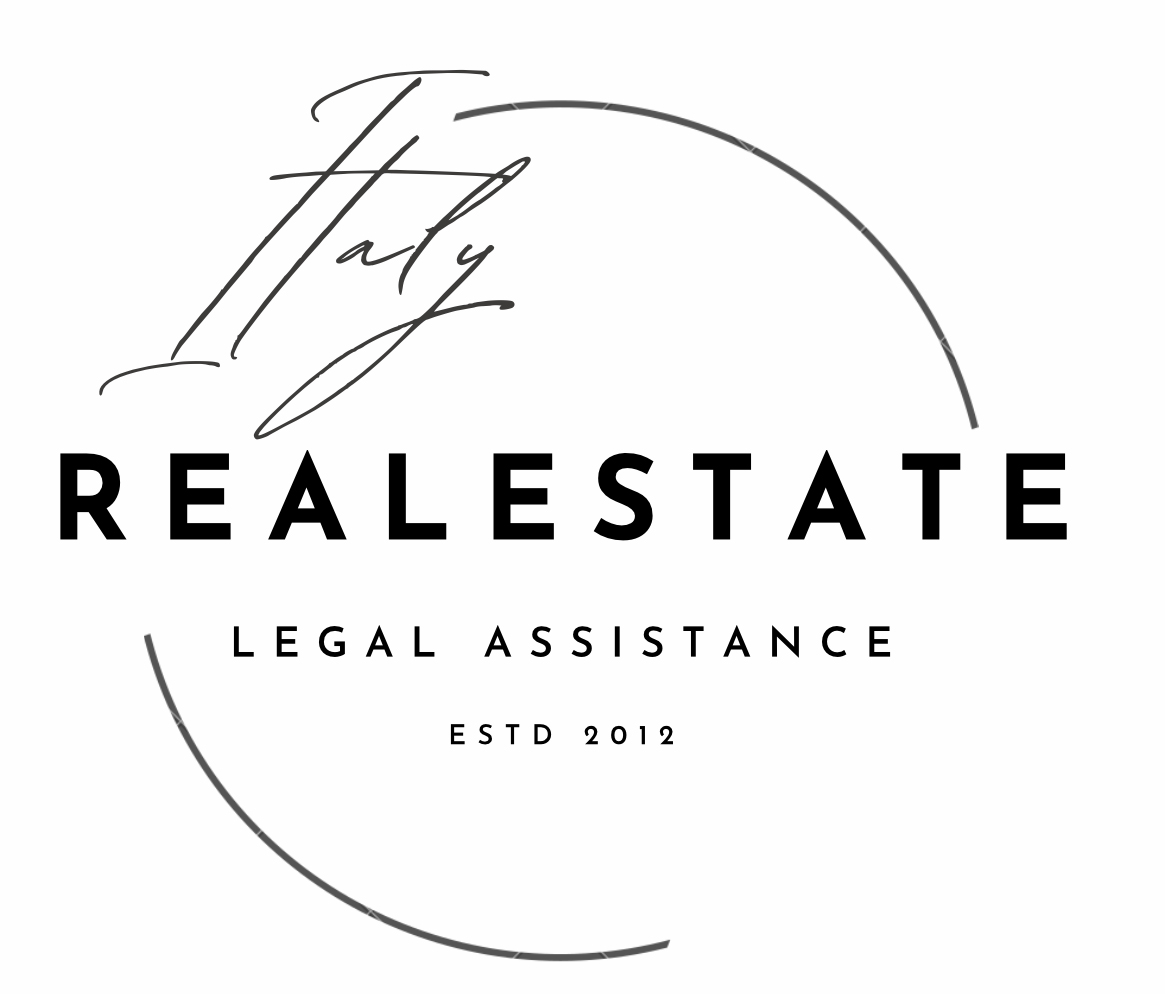Residency in Italy
Permit to stay in Italy
Residenza Elettiva
The Residenza Elettiva is a type of long-term visa for non-EU citizens who wish to reside in Italy, typically retirees or financially self-sufficient individuals. It is not tied to employment but rather to the applicant’s ability to support themselves without working in Italy.
Eligibility Requirements:
• Proof of Property Ownership: While not mandatory, owning property in Italy strengthens your application, as it shows a genuine connection to the country.
• Financial Independence: You must demonstrate sufficient financial means to support yourself and any dependents. This typically requires proof of a stable income (e.g., pensions, savings, investments) that meets or exceeds the minimum income threshold set by Italian authorities.
• Health Insurance: Applicants must have comprehensive private health insurance covering the duration of their stay in Italy.
• Intent to Reside: You must show that you intend to establish residency in Italy and not just visit periodically.
Application Process:
• Apply at an Italian Consulate: You need to apply for the Residenza Elettiva at the Italian consulate in your home country before traveling to Italy.
• Supporting Documents: These include proof of property ownership, financial documentation, health insurance, and possibly a criminal background check.
• Approval and Entry: Once approved, the visa allows entry into Italy, where you must apply for a Permesso di Soggiorno (Permit to Stay) at the local immigration office (Questura) within eight days of arrival.
Advantages of Residenza Elettiva
Long-Term Stay
- Residency Status: The visa allows you to live in Italy on a long-term basis, typically for one year, renewable as long as you continue to meet the requirements.
- Pathway to Permanent Residency: After five years of continuous residence in Italy, you may apply for a permanent residence permit (Permesso di Soggiorno di Lungo Periodo). After ten years, you may even apply for Italian citizenship.
Freedom to Travel
- Schengen Area Access: Holding a Residenza Elettiva allows you to travel freely within the Schengen Area (most of Europe) for up to 90 days within a 180-day period without additional visas.
Tax Advantages
- Tax Residency: Establishing residency in Italy may allow you to benefit from Italy’s favorable tax regime for new residents, such as the flat-tax option for high-net-worth individuals.
- Non-Resident Tax Treatment: As a non-resident property owner, you are subject to tax on Italian-sourced income only, such as rental income from your property.
Cultural and Social Integration
- Local Benefits: As a resident, you can access Italy’s public healthcare system (if you opt into it), enroll in Italian language courses, and participate in local cultural and community activities.
- Quality of Life: Italy is renowned for its quality of life, including its healthcare system, food, climate, and cultural heritage, making it an attractive destination for long-term residence.
Property Management
- Easier Property Management: Being a resident makes it easier to manage your property, whether it’s for personal use, renovation, or rental purposes.
Limitations and Considerations
No Employment Rights
- Work Restriction: The Residenza Elettiva does not permit you to work in Italy. If you wish to work, you must apply for a different type of visa, such as a work visa or self-employment visa.
Renewal Requirements
- Ongoing Financial Proof: You must continually prove your financial stability and maintain health insurance for renewals.
- Time in Italy: While there’s no strict rule on the minimum time you must spend in Italy, frequent and long absences might raise questions about your genuine intention to reside in Italy.
Conclusion
Owning property in Italy can significantly support your application for a Residenza Elettiva, offering a legal pathway to live in Italy long-term. This visa is particularly beneficial for retirees or financially self-sufficient individuals who wish to enjoy the Italian lifestyle without engaging in employment. However, it’s important to consider the financial requirements, the prohibition on working, and the need to renew the visa regularly. If you meet the requirements, the Residenza Elettiva can be a gateway to enjoying life in Italy and potentially even securing permanent residency or citizenship in the future.
